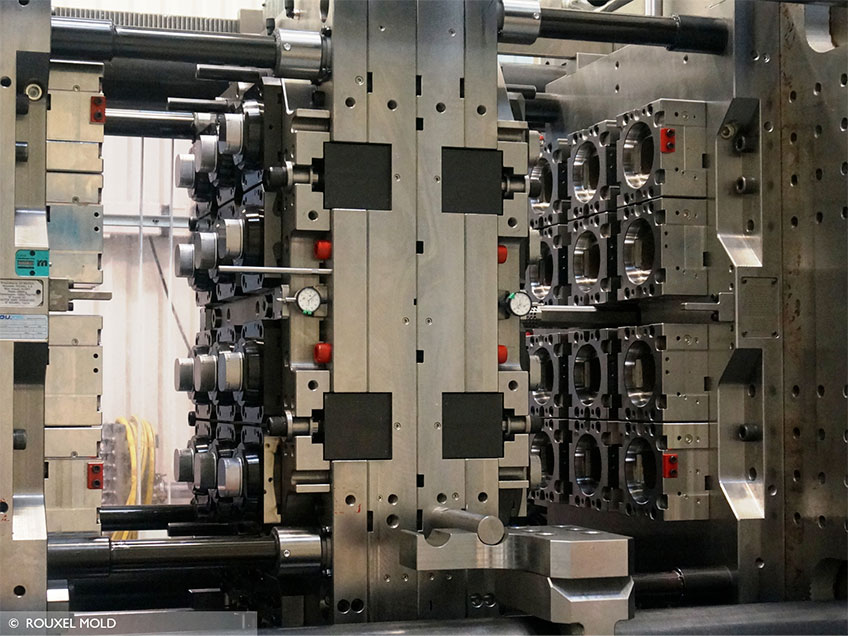

Les moulistes, modeleurs, maquettistes, réalisent plus de 80% de leur chiffre d’affaires pour le compte des industriels, sur de l’équipement : les ventes de moules industriels génèrent la grande majorité des facturations du secteur. Cette industrie qui réalise des outillages pour de très nombreux secteurs clients exporte en moyenne 12% de sa production.
Les deux métiers principaux des entreprises du secteur Moule & Prototype consistent à :
Fabriquer, réparer, modifier, entretenir les moules destinés aux entreprises de fabrication par moulage
pour les industries de la transformation des caoutchoucs et des plastiques (fabricants d’emballages, équipementiers automobiles, fournisseurs de matériels de transport, etc.), mais également les industries du verre, des métaux et des matières minérales.
(données 2014)
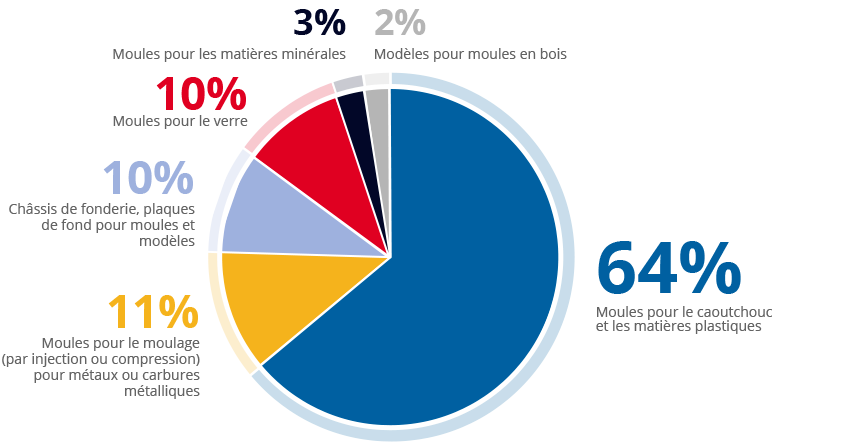
Réaliser des maquettes et prototypes représentant de nouveaux produits en phase de conception
tels que des flacons de parfums, des pièces automobiles, aéronautiques, navales, des objets d’art, des éléments d’architecture, d’ameublement…
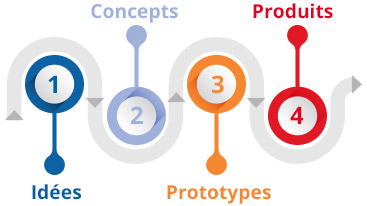
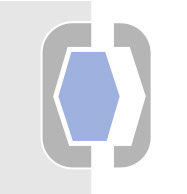
Les moules permettent une transformation de la matière (plastique, caoutchouc, métal, verre, béton) pour obtenir un produit, la plupart du temps semi-fini.
Assimilé à un ensemble mécanique, le moule est souvent monté sur une presse à injecter. Un moule peut peser de quelques kilos à 150 tonnes.
Il est constitué de deux parties, l’une fixe pour l’injection de la matière, l’autre mobile pour la fermeture du moule.
Il existe une grande diversité de moules, en fonction des applications et des matériaux utilisés (acier, cuivre et alliages de cuivres, bois, etc) : ils peuvent être destinés à la fabrication de très petites pièces (quelques millimètres) ou de produits beaucoup plus volumineux (planches de bord ou éléments de carrosserie). Ils sont conçus sur-mesure pour la production de pièces en série. Ils diffèrent aussi selon la matière à transformer.

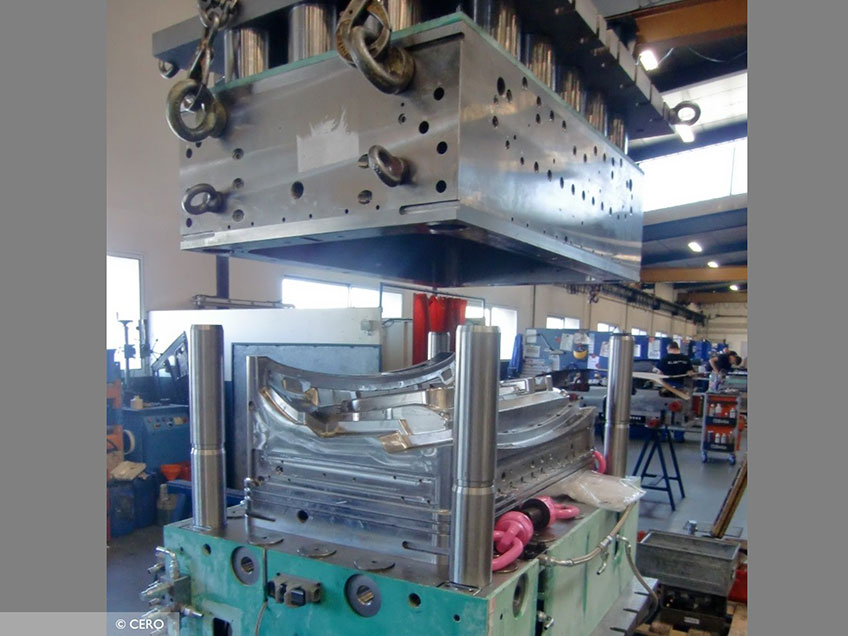
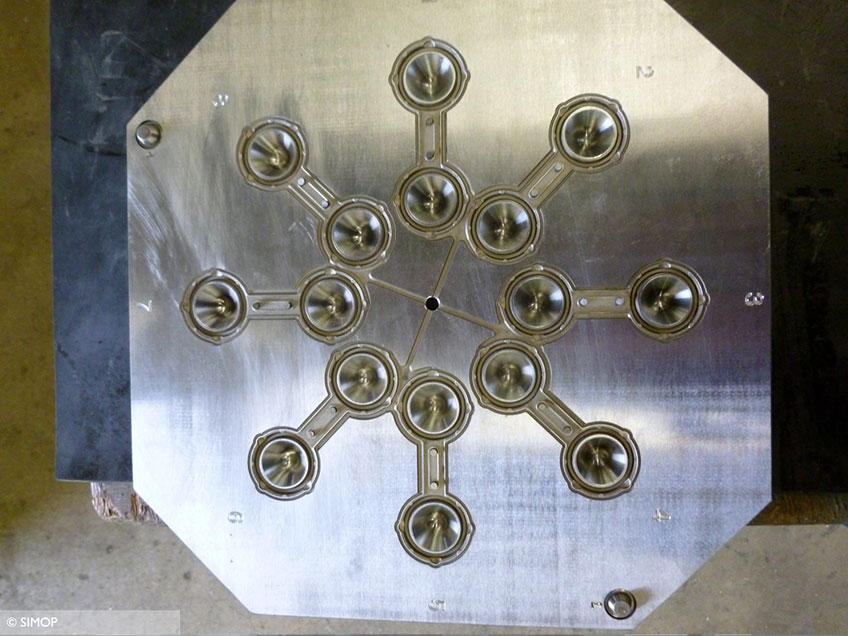
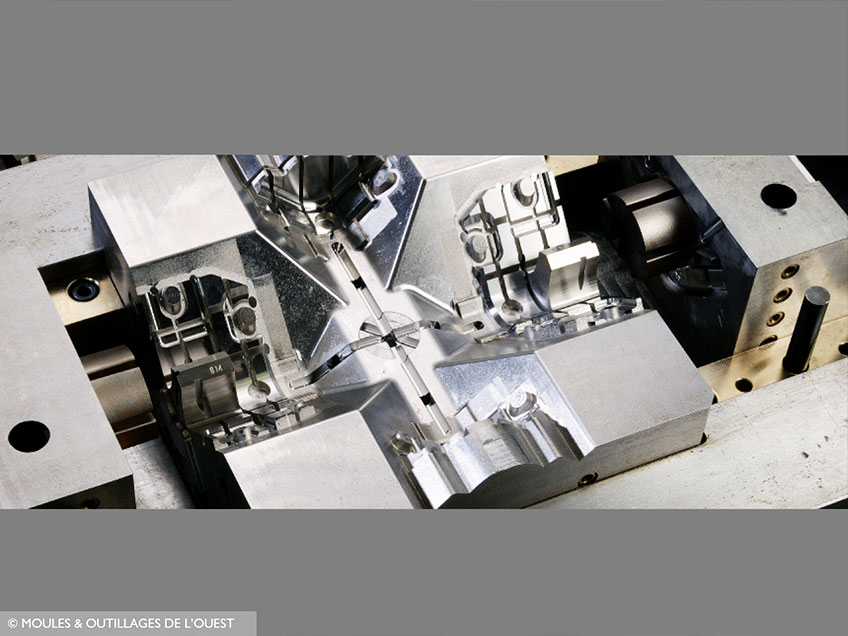
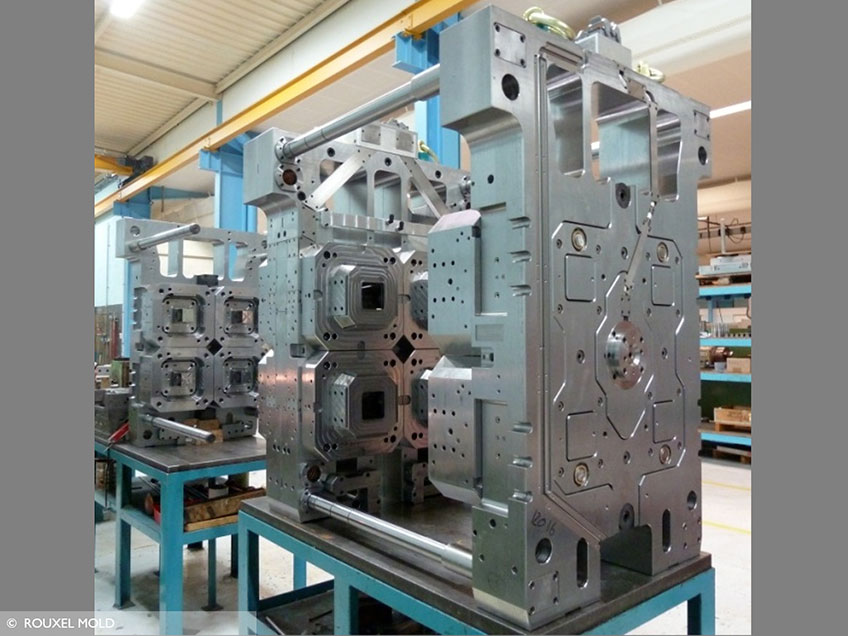
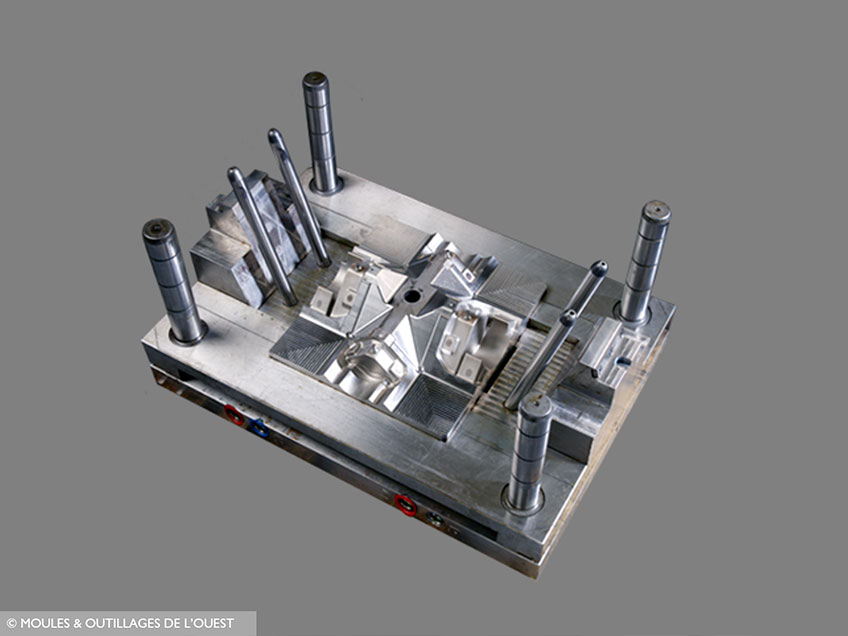
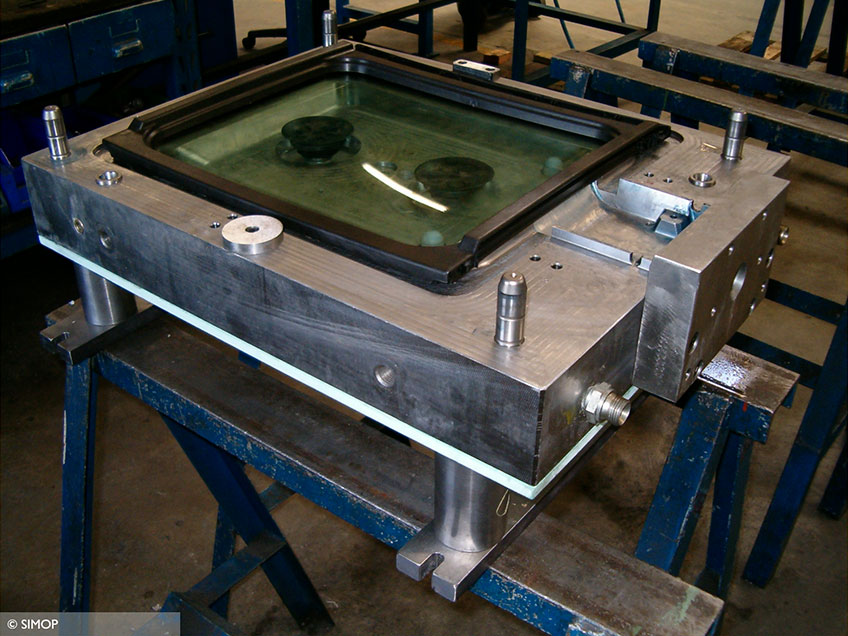
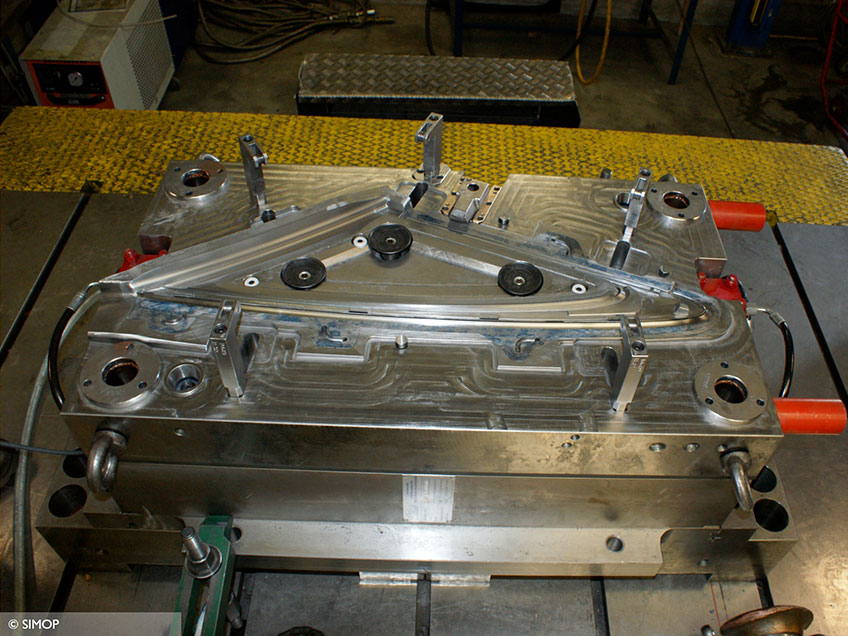


Les fabricants de moules et modèles sont responsables de la commercialisation finale du produit et des prestations de services associées (installation sur site, réparation, service après-vente, etc.).
Un prototype est « un modèle original qui possède toutes les qualités techniques et toutes les caractéristiques de fonctionnement d'un nouveau produit. (...) » (OCDE). Etape d’évolution dans un projet de production, il peut être incomplet ou définitif, servir à des essais, etc. Les prototypes sont fabriqués en résine, cire, bois, plastique ou métal selon les procédés traditionnels mais de plus en en plus en impression 3D, également appelée Fabrication Additive.
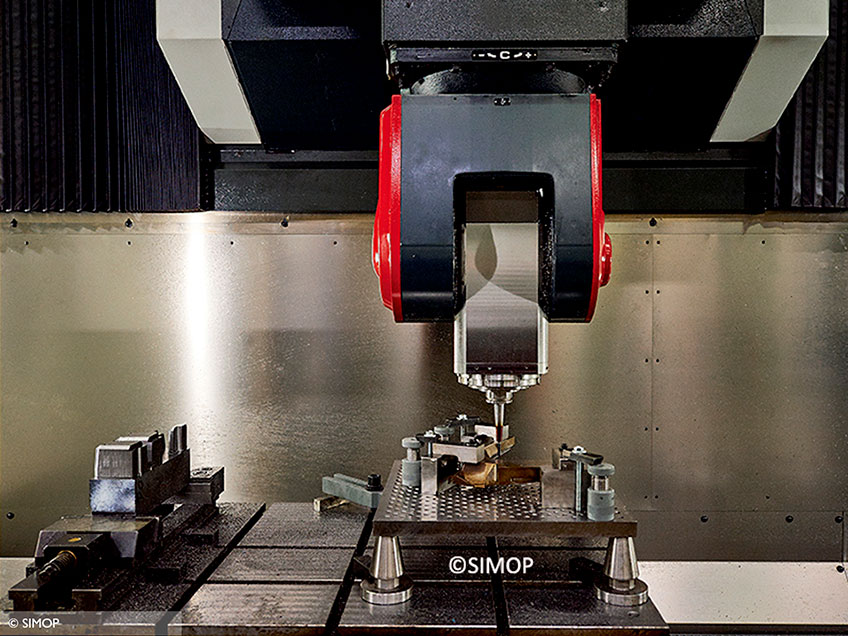

| 878,3 millions d’€ de chiffre d'affaires* |
5588 salariés |
476 établissements |
91%
de PME de moins |
* hors unités intégrées aux constructeurs, notamment automobiles, qui représentent une activité non négligeable de la branche.

| News |
 |
|
January 15 2026
La nouvelle édition est disponible !
L’expertise et l’actualité de la profession Forge & Fonderie
Téléchargement gratuit ICI ou commande de la version papier ICI EDITORIAL L’année du courage et du retour au bon sens ? Wilfrid BOYAULT BREVES Fatigue Design La Fédération Forge Fonderie participe à Global Industrie Paris TECHNIQUE Le magnésium pour les applications spatiales Patrick HAIRY, Michel STUCKY, David MIOT-POLETTI et Thibaut BOUILLY Recyclabilite du ZAMAK dans les emballages Clotilde MACKE-BART ENVIRONNEMENT Défis et opportunités de l’électrification dans les forges et les fonderies Charlotte MOUGEOT MARCHÉ La relance mondiale de l’énergie nucléaire : des promesses au réalisme Guillaume KOZUBSKI FORMATION À la rencontre des jeunes talents de la fonderie Sergio DA ROCHA Organisation du Concours « Un des Meilleurs Ouvriers de France » Fonderie d’Art Sergio DA ROCHA ÉVÉNEMENT EUROFORGE : 24. International Forging Congress Olivier VASSEUR AGENDA Les rendez-vous de la profession |
| Read more |
| Directory |  |
| Forge Fonderie Magazine |
 |
| Indicators |  |
| Press Room |  |
| Join us |  |
© 2016 Fédération Forge Fonderie - Credits & legal notice